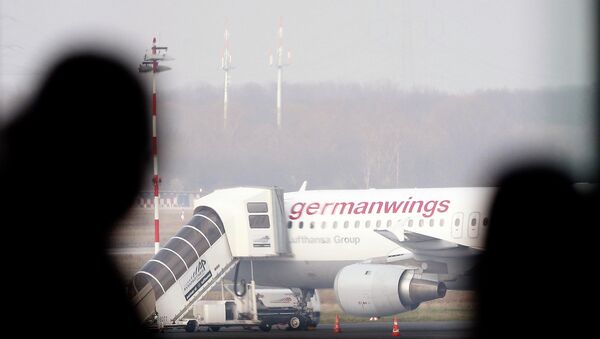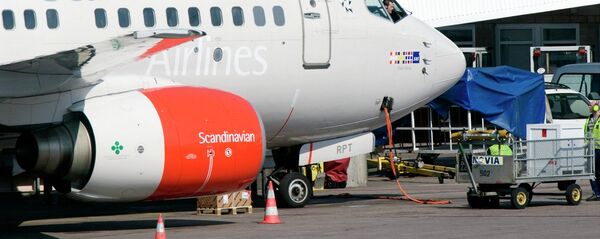Hareland added that a big part of the problem is that "once you're identified with an emotional disorder today, it's difficult to maintain your license and your career, so pilots avoid this subject at all costs even though help is available to them." The expert noted that as a result, "many pilots seek self-help or don't get the help at all when needed."
Speculating on what Germanwings is going to have to do in this situation, in addition to changing in-flight cockpit security procedure, Hareland noted that "they are going to have to reassess their hiring practices." The expert explained that he "was quite surprised to hear that Germanwings hired a copilot with 630 hours [of flight time]. This level of experience would not even be considered in the US carriers. You have to have 1,500 hours at a minimum."
Ultimately, Hareland believes that "establishing a well-defined hiring process is the start to any good selection of a pilot." This includes thorough testing for psychological and emotional problems, as well as simulator training in high-stress simulators to attempt to gauge a person's reaction to difficult, unpredictable and emotionally stressful situations.




